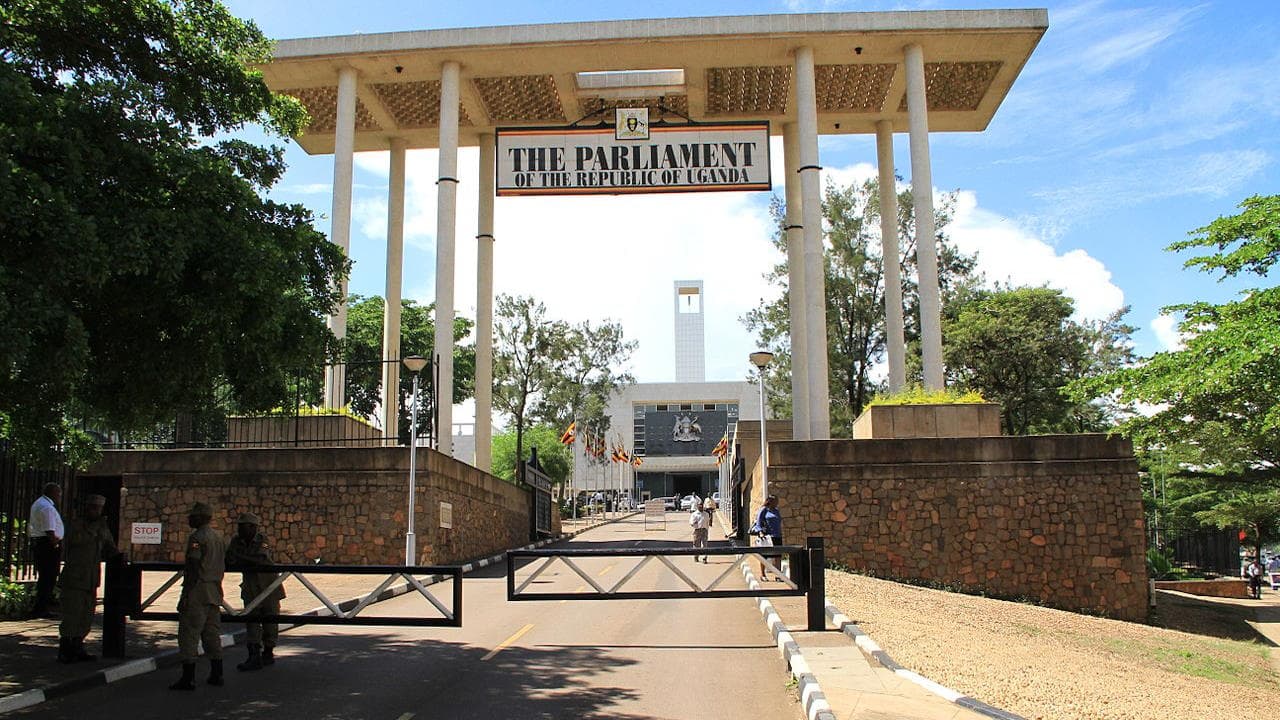
Parliament has approved legislation granting the government exclusive rights to import and supply fuel and petroleum products in a deal to be implemented with the Dutch-registered Vitol Group.
The government argues that the law — which, if assented to by the president, is expected to come into force on 1 January 2024 — will lead to lower fuel prices by removing Kenyan middlemen from the fuel supply chain. Uganda currently imports 90 per cent of its petroleum products through Kenya.
“Uganda imports 90 per cent of its petroleum products through Kenya and 10 per cent through Tanzania. The system currently imposes three layers of middlemen from overseas refineries to the Ugandan oil marketing companies. Each of the middlemen companies adds a profit margin which is ultimately fed into the final pump price,” said Emmanuel Otaala, chairperson of the parliamentary committee on environment and natural resources, while presenting a report on the bill on Tuesday.
Ruth Nankabirwa, the minister of energy and mineral resources, tabled the bill two weeks ago. It mandates the Uganda National Oil Company to oversee fuel imports on behalf of the government.
However, some MPs opposed the legislation, concerned about the potential monopoly power it would give to Unoc and Vitol, while others argued that it would benefit the Dutch commodity trader at the expense of the government.
“Past experiences with monopolies such as Umeme, the Enrico agreement, the iron ore agreement and the Dura cement agreement have cost the country money and set a bad precedent for monopolies in Uganda,” said Paul Akamba, a ruling party MP representing Busiki, while presenting a minority report.
Nathan Nandala Mafabi, the MP for Budadiri West from the opposition FDC party, said the government should have funded Unoc to trade directly. “If we bring in Vitol, the [majority] shareholder of Vivo energy, which trades as Shell, I can tell you that we could be helping them make more money instead of benefiting Ugandans,” he said.
“Vitol will now source for money [from] all over the world to supply us [with] oil, but there will be interest, so the moment we approve a monopoly, fuel prices will be high,” he added.
According to the environment and natural resources committee report, Unoc does not currently have the financial capacity to buy petroleum from overseas refiners. Instead, it will buy from Vitol, which will finance delivery to Kenya or Tanzania on deferred payment terms. Unoc will then pay Vitol after supplying Ugandan distributors.






